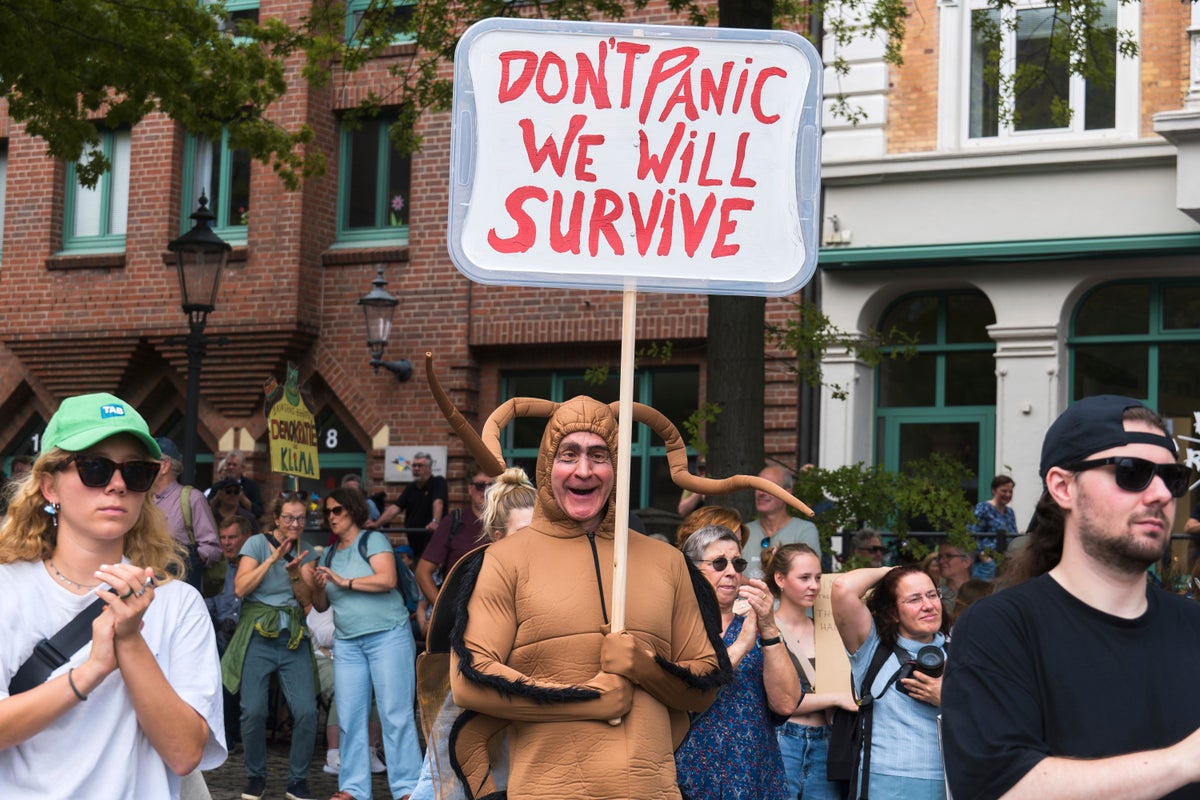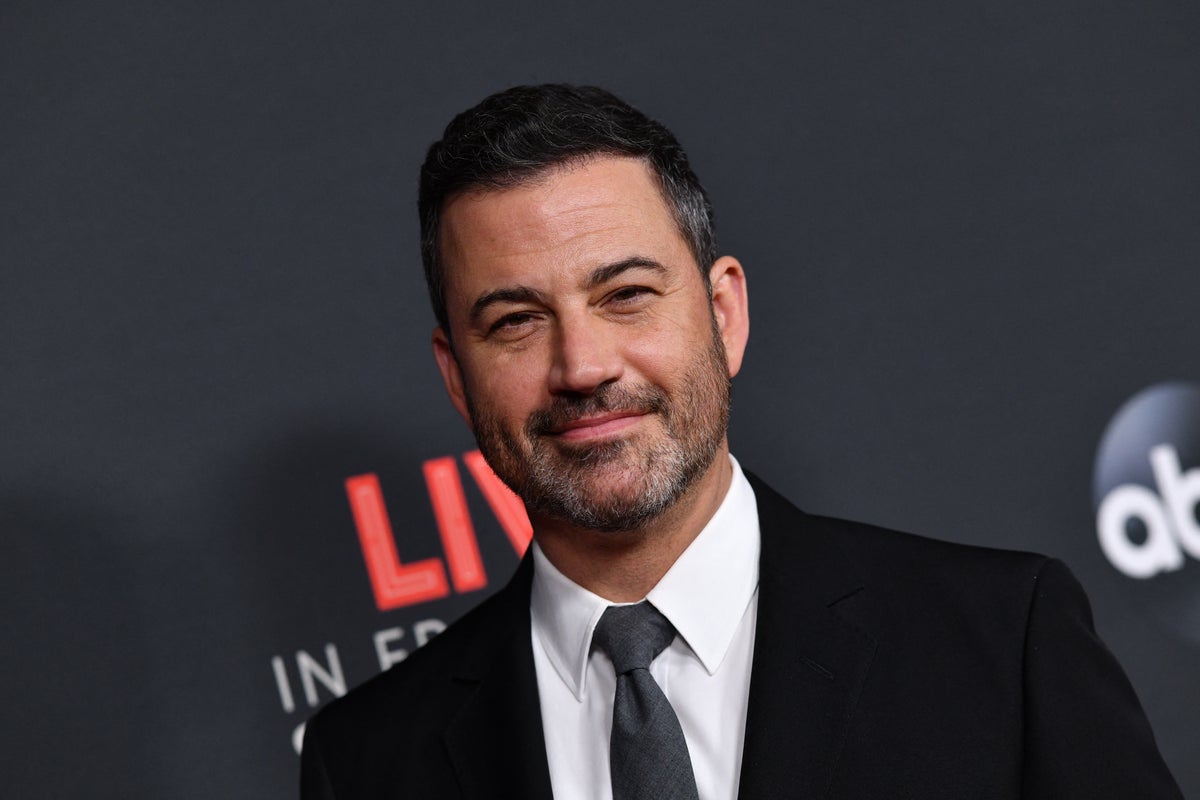Last year, King County, Wash., was battered by a devastating bomb cyclone that led to tens of millions of dollars of damage. Trees came down, roads were blocked and hundreds of thousands of people lost power and internet access for days. Local emergency crews sprang into action, restoring services and ensuring vulnerable residents weren’t left behind. It was a stark reminder of how crucial local government services are when disaster strikes.
But when the next storm, wildfire or major earthquake hits, will cities and counties across the U.S. be able to respond?
The answer is growing more uncertain amid the Trump administration’s recent attempts to impose sweeping political conditions on federal grants. Local governments are on the frontlines of providing services to the public — from housing and public transit to health care and disaster response. And they rely heavily on federal support for this. In fact, about a third of their general revenue comes from direct federal funding or federal dollars passed through states.
Federal funds are the lifeblood of local communities. But we have to remember they’reour taxpayer dollars, paid by the labors of local residents and businesses. Even before Trump’s arbitrary cuts, Washington state gave far more to the federal government in taxes than it received back. These revenues have been appropriated by Congress for essential services, and meant to return home for public safety, health and local priorities. But now, Trump’s policies are putting tens of billions of critical federal funding at risk.
In King County, the largest county in Washington state, federal grants support more than $700 million in programs, services and infrastructure. Roads, transit and airports rely on these funds to continue operations, address infrastructure and ensure safety. Over 40 percent of emergency preparedness staff are paid through federal grants. County-run health clinics — which offer maternal and child health care, dental care and reproductive health care and assist people experiencing homelessness — also depend on federal dollars. Shutting their doors would strip care from more than 39,000 people who have nowhere else to turn.
The Trump administration is using a variety of illegal and unconstitutional methods to withhold funds. Some are broad and explicit, like requiring existing, congressionally approved grants to comply with Trump’s illegal efforts to rewrite the statutes that control those grants. Others are more targeted and part of a politically motivated effort to single out specific jurisdictions. For example, Trump has attempted to keep federal funds from so-called sanctuary cities, even though the White House can’t even keep their friends and foes straight.
Many of these actions constitute a coordinated attempt by the administration to undermine public services and force elected officials into implementing Trump’s far-right agenda in communities nationwide.
The threat of local governments losing their federal funding is like a “meteor that hasn’t quite hit yet,” but the damage it would cause is catastrophic. Being forced to choose between losing key funds or bending the knee to an authoritarian political agenda is a lose-lose situation. It’s coercion, plain and simple.
But local governments aren’t waiting for the impact. They’re fighting back — in court.
Today, King County is at the forefront of multiple lawsuits against the Trump administration, partnering with Public Rights Project and dozens of local governments from across the country to help lead a coordinated legal response against Trump’s unconstitutional actions.
The law is on our side. By imposing funding conditions that haven’t been authorized by Congress, the Trump administration is illegally overstepping its powers. Moreover, it’s pressuring local governments to handle federal law enforcement duties in violation of the 10th Amendment, while also giving vague guidance that creates due process issues and defies state and federal law.
Our coalition is growing. In one of our cases, King County v. Turner, what started as a lawsuit with just a handful of plaintiffs has now become the largest city and county-led litigation effort in the country, with 60 local governments from across the U.S. — rural and urban, red and blue.
And we’re winning. Local government attorneys, Public Rights Project and Pacifica Law Group have banded together to secure a preliminary injunction that unfreezes billions of dollars in threatened housing, transportation and public health grants. That means local government plaintiffs, including King County, can continue delivering essential services for our communities while the case proceeds.
It doesn’t end there. In a separate lawsuit, our local government coalition has also secured a preliminary injunction to block executive orders targeting sanctuary cities. That case now includes 50 local government plaintiffs representing over 28 million residents from across the country.
With President Trump unwilling to follow the law and a majority in Congress uninterested in exercising their constitutional responsibilities, the courts are a critical tool to ensure legal compliance that supports the ability of local governments to serve residents and deliver on important projects. Together, these local government lawsuits are sending a clear message: the federal government can’t use our own taxpayer dollars to punish dissent or force compliance. Thanks to legal efforts, King County has kept federal dollars flowing and vital services on track.
We’re calling on other local governments to stand with us. The more united we are, the harder it is to divide us. Every jurisdiction that steps into this fight strengthens our position in court, protects more communities and reduces legal costs for everyone. Most importantly, by standing together, local leaders can defend democracy, uphold justice and make decisions in the best interest of the public.
Shannon Braddock is the King County executive, with 15 years of local government experience. Jill Habig is founder and president of Public Rights Project, a national nonprofit that works with state and local government officials to protect civil rights.















